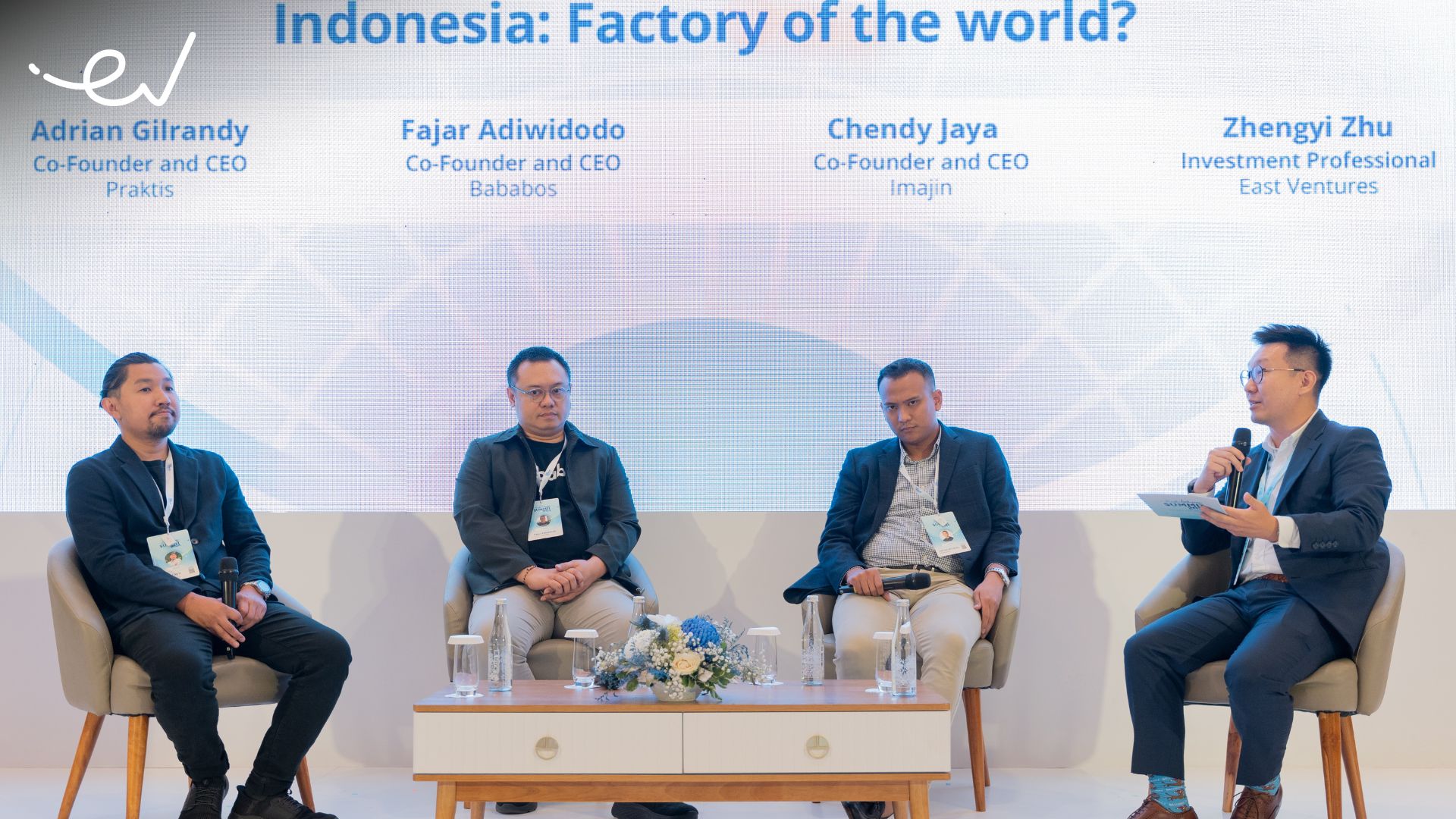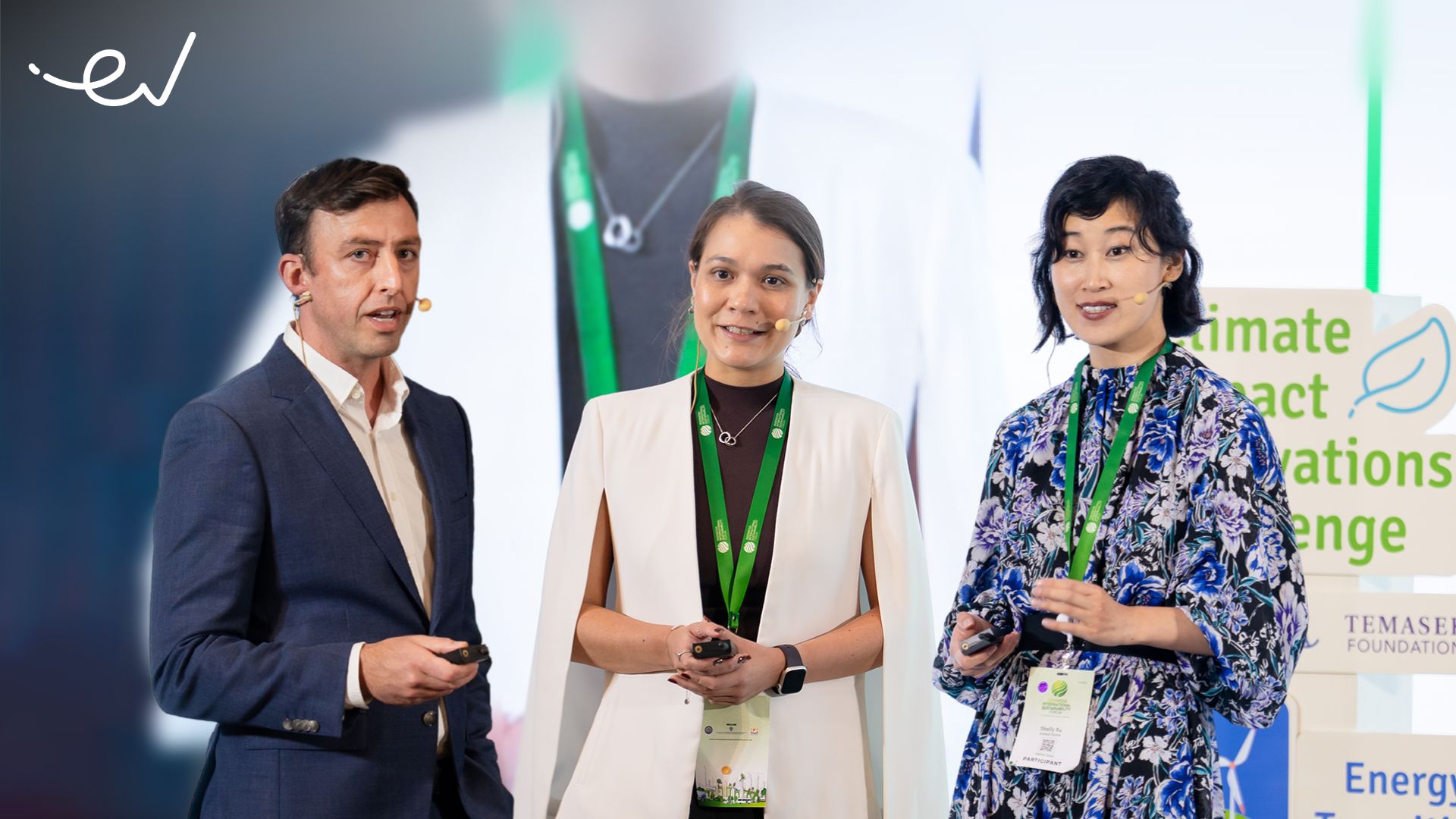The expansion of Indonesia’s manufacturing industry has shown a positive trajectory following the global COVID-19 pandemic in 2020. The industry was worth US$240 billion in 2022 and was the 12th-biggest manufacturer in the world.
The nation’s manufacturing industry grew by 4.64% in 2023 and contributes around 20% to Indonesia’s total Gross Domestic Product (GDP), which amounted to US$1.371 trillion.
In recent years, there has been a marked increase in demand from Small, and Medium Industries (SMEs) alongside emerging manufacturing startups within the country. The number of manufacturers in 2023 reached 4.19 million business units, representing 99.7% of Indonesia’s total industrial businesses. It is estimated that the rising population is a catalyst for the increasing number of SMEs.
The Indonesian government has established its vision for Golden Indonesia 2045, aiming for the manufacturing sector to contribute 28% of the national GDP. This presents a substantial opportunity for manufacturing companies to secure government support and increase their market presence.
At the East Ventures Summit 2024 held last July, we gathered founders and CEOs from the manufacturing sector, including Adrian Gilrandy, CEO and Co-Founder of Praktis, Fajar Adiwidodo, CEO and Co-Founder of Bababos, Chendy Jaya, CEO and Co-Founder of Imajin. Our investment professional at East Ventures, Zhengyi Zhu, served as the moderator. Explore more about their conversation by watching this video below:
Here are some insights from the panel:
Enhancing manufacturing companies’ efficiency through tech advancement
Manufacturing technology is increasingly capturing the interest of Indonesian SMEs as they seek to optimize their production processes for greater effectiveness and efficiency. Despite the growing interest, many businesses need help adapting to this advancement and accessing the latest information on emerging technologies.
Praktis’ Adrian admitted that digitizing Indonesian SMEs remains a significant barrier. Unlike countries like China, the United States, or those in Europe, where technological adoption is rapid, Indonesia’s unique challenges make a different length for this transition.
“We are trying to get success stories from some SMEs, and it gives us the flexibility to attract more SMEs to join. That is the idea of what we are building—not only focusing on building a platform but enhancing how the ecosystem works and ensuring that all the ecosystem players do business with each other,” Adrian Gilrandy, CEO and Co-Founder of Praktis explains.
Praktis offers an end-to-end supply chain platform for D2C (Direct-to-Consumer) brands, focusing on the fashion and beauty industries. The platform helps source raw materials, production, fulfillment, and logistics. It uses technology to make operations simple, efficient, and reliable.
Praktis has helped hundreds of SMEs in Indonesia, allowing them to focus on growing their core businesses. For example, one local brand, Fashion Today, has grown its business up to 50 times since using Praktis over the past three years; Adrian shared the story during the panel.
Watch the fireside chat with Adrian Gilrandy from the East Ventures Summit 2024 below.
Meanwhile, Bababos, which provides solutions by aggregating raw material demand for small and medium-sized industries, offers three leading solutions: supplying raw materials for the manufacturing industry, aggregating demand, and providing credit payment terms.
These solutions aim to help SME manufacturers improve efficiency in sourcing various raw materials, from steel and other metals to polymers and chemicals.
“We see things in a B2B supply chain, in manufacturing. These SMEs have financial and commercial problems. As the small guy in the supply chain, they have to buy [raw materials] in cash, produce [goods] with all their own capital, and only get paid later by the bigger buyers. That creates working capital issues for them,” said Fajar Adiwidodo, CEO and Co-Founder of Bababos.
SMEs often struggle to meet the Minimum Order Quantity (MOQ) required for direct procurement from producers or tier-1 distributors. Bababos addresses this challenge by offering a model that enables business owners to purchase directly sourced materials from producers while also providing access to credit facilities.
Since its founding in 2022, Bababos has grown rapidly and helped small and medium-sized industries increase their sales by up to threefold. These manufacturers have realized positive outcomes as a result of the service.
Manufacturing companies have the opportunity to collaborate with larger, established industries, such as automotive. A prime example is Imajin, a manufacturing hub that connects clients with smaller manufacturers. Through its innovative platform, Imajin offers a range of services, including mold and die production, metal and plastic part manufacturing, raw material sales, fabrication, and mass production.
“Currently, most of our customers come from middle and large manufacturers, like Toyota or Daihatsu. At this time, we are focused mostly on automotive parts, electronics, and also in other packaging parts. We are helping them to source the right partners and connecting them to the right manufacturers, who are Indonesian SMEs. Indonesia has over four million micro and small manufacturers, but it is difficult for big players to source for them. Hence, quality assurance is important,” explained Chendy Jaya, CEO and Co-founder of Imajin.
Imajin is dedicated to enhancing product quality and fostering business growth through robust R&D (Research and Development) initiatives. R&D plays a crucial role in driving innovation and enhancing the competitiveness of local products in the global market.
In October 2024, Imajin officially launched the Imajin Advanced Manufacturing Center (IAMC) at the Biomedical Campus in BSD City and became the first manufacturing startup in Indonesia to build a center of advanced manufacturing innovation site. IAMC will serve as a hub for advanced manufacturing innovation in Indonesia, focusing on turning ideas into real products, skill development, and supporting local startups and SMEs. The goal is to help reduce reliance on imported goods, especially in the mass production sector.
Imajin has also partnered with the Sepuluh Nopember Institute of Technology (ITS) to develop human resources capability to compete globally and drive technological innovation through research and development. A concrete result of this collaboration is the advanced 5-axis CNC machine at IAMC, which produces complex products and supports biomedical innovations.
What should Indonesia’s manufacturing companies focus on?
From this panel, we learned there are three essential strategies that Indonesia’s manufacturing companies can adopt to leverage new growth opportunities and achieve sustainable advancement:
1. Strategic R&D initiatives
R&D plays a pivotal role in the growth of manufacturing companies. Through effective R&D initiatives, businesses can gain valuable insights into customer needs, enhance their understanding of market dynamics, and elevate the skills of their workforce. They will also consistently deliver innovative solutions that captivate and retain customers over time.
2. End-to-end business solution
The initial capital expenditures (capex) can be substantial for small and medium-sized industries transitioning from traditional systems to modern manufacturing. This factor often serves as a barrier to the adoption of new technologies. To effectively tackle this challenge, startups can implement a multifaceted solution, such as offering low-interest loans. This approach enables startups to not only facilitate technological transitions but also address their clients’ financial needs.
3. Achievement exposure
Sharing the success stories of businesses that have effectively leveraged manufacturing companies can significantly enhance a company’s brand awareness. This approach is a cost-effective marketing strategy, requiring no financial investment while maximizing visibility and engagement. Moreover, showcasing these narratives can be viewed as a long-term investment in building a strong reputation and fostering trust among entrepreneurs seeking to optimize their production processes through manufacturing.
As a leading sector-agnostic venture capital firm in Southeast Asia and Indonesia, East Ventures recognizes that the manufacturing industry is pivotal in driving regional economic growth. With an increasing demand for machine-made products and the potential for advanced technological integration, we believe that manufacturing companies are well-positioned to further propel the industry’s expansion.
East Ventures is committed to supporting Southeast Asia and Indonesia’s manufacturing startups, such as Praktis, Bababos, and Imajin. We firmly believe that this sector is poised for significant advancement and expansion, which will drive the economic growth in the region.
If you are a startup founder building in the manufacturing sector and looking for funding, send your pitch here.







